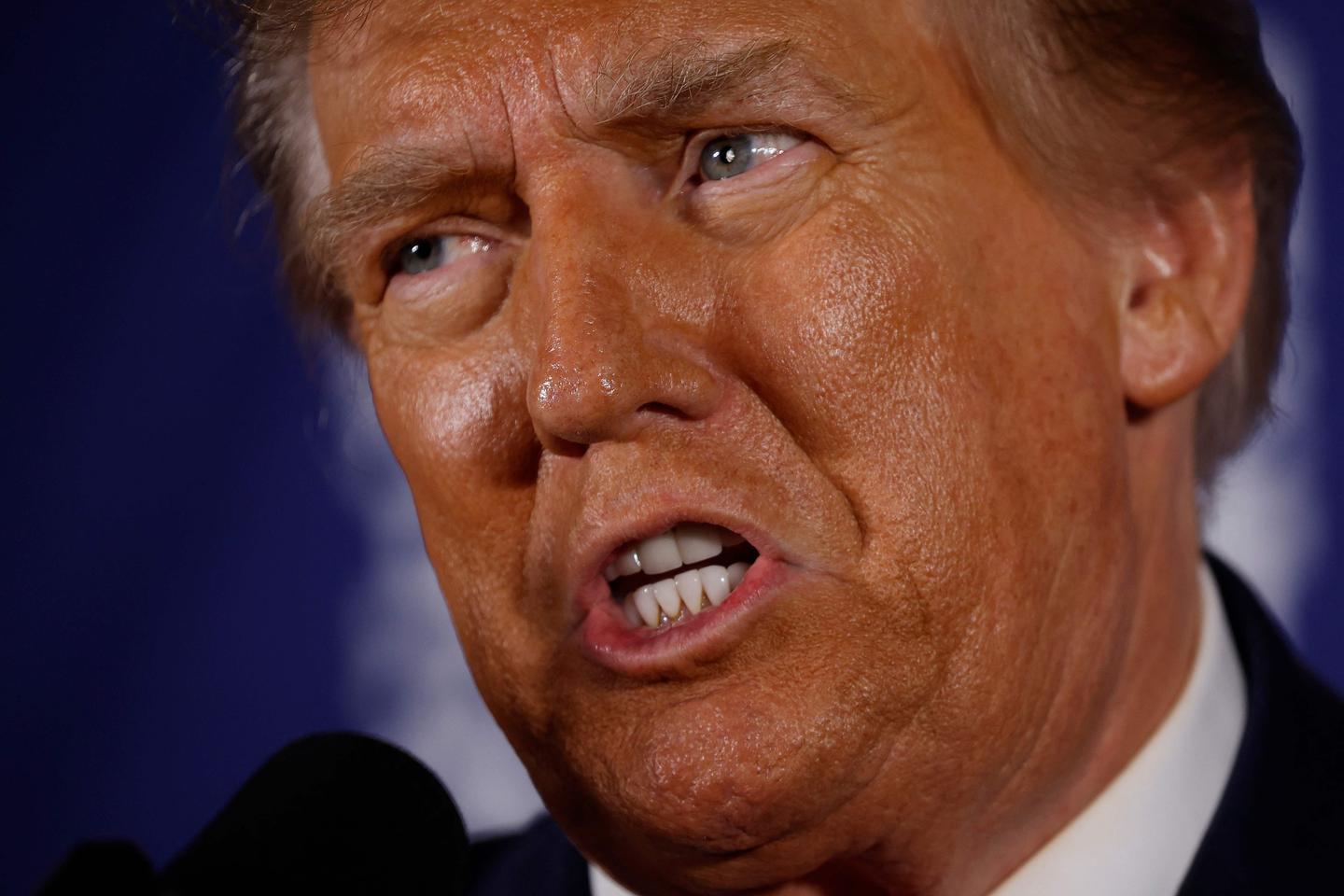


Donald Trump has so far successfully bent the Republican Party's rules. After rendering the very idea of a policy platform incidental, the former businessman refrained from participating in the democratic exercise of the presidential primary debates. After the vote in just two states, Iowa and New Hampshire, he considers that the nomination for the November 5 election should simply be awarded to him as soon as possible.
Trump's avoidance tactic is also the one he adopts in the numerous legal proceedings he is facing, which he is trying to curb and postpone until after the election, in the hope that a return to the White House will allow him to avoid accountability. In at least one of the cases, he can count on a judge he himself appointed in Florida. This judge is dragging out proceedings for an offense as serious as it is indisputable: the illegal retention of classified documents in his residence after he left office.
In the most important case, however, the former businessman's maneuvers came up against the District of Columbia Court of Appeals on Tuesday, February 6. The court dealt him a serious setback, ruling that the ex-president could not use his immunity to prevent the holding of the trial into his role in the attempted coup de force constituted by his supporters' assault on the Capitol on January 6, 2021. The aim of this attack was to prevent the certification of the results of the presidential election, which Trump maintains, to this day and against all evidence, was "rigged."
Legal controversy
Trump can still appeal to the US Supreme Court in the hope of a favorable decision. The solid arguments put forward on Tuesday by three judges (two appointed by a Democratic president and one by a Republican president), however, left him very little room for maneuver. They unanimously considered that former President Trump's position would "cause the collapse our system of separated powers by placing the president beyond the reach of all three branches."
Judges are not supposed to take the place of voters. That's why the Supreme Court could invalidate the decision of two states, Colorado and Maine, to exclude Trump from the election because of his role in the January 6, 2021, Capitol attack on the basis of a paragraph of an amendment to the Constitution that makes a sworn political official ineligible if he has participated in an insurrection. Its interpretation has been the subject of heated legal controversy for months. On the other hand, judges are entitled to ensure that voters can make up their own minds with all the necessary information at their disposal.
This is why the trials targeting the ex-president must take place, starting with the one concerning the disputed results of the 2020 presidential election. It is no longer a question of the simple spite of a sore loser. Trump is taking revenge against all those who did not blindly follow him at that moment the program for his eventual return to power. The "stolen election" conspiracy theory has become the motto for a cult that is devastating the concept of democracy in the US.
